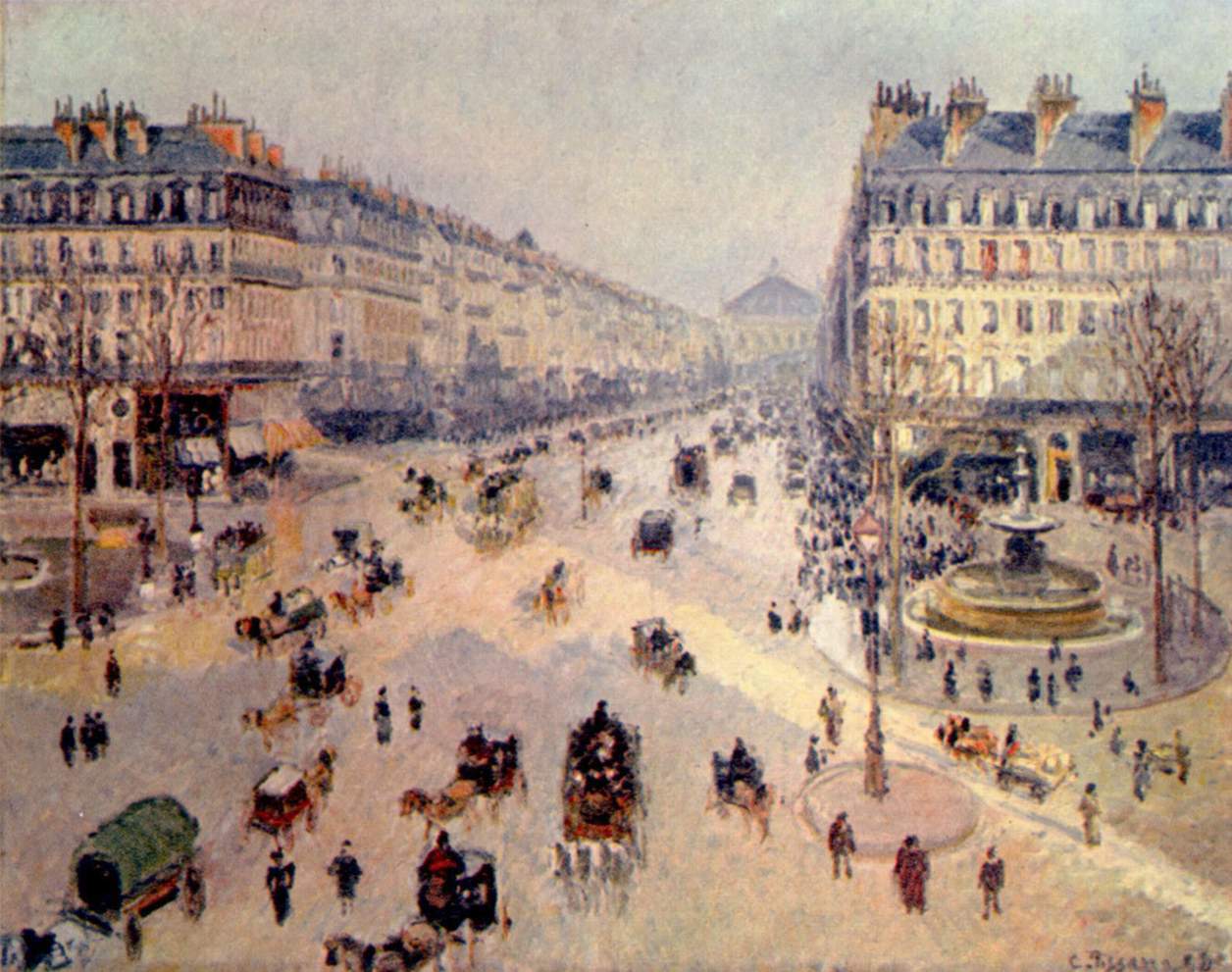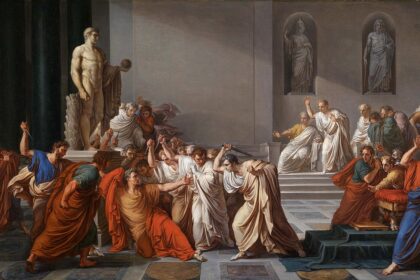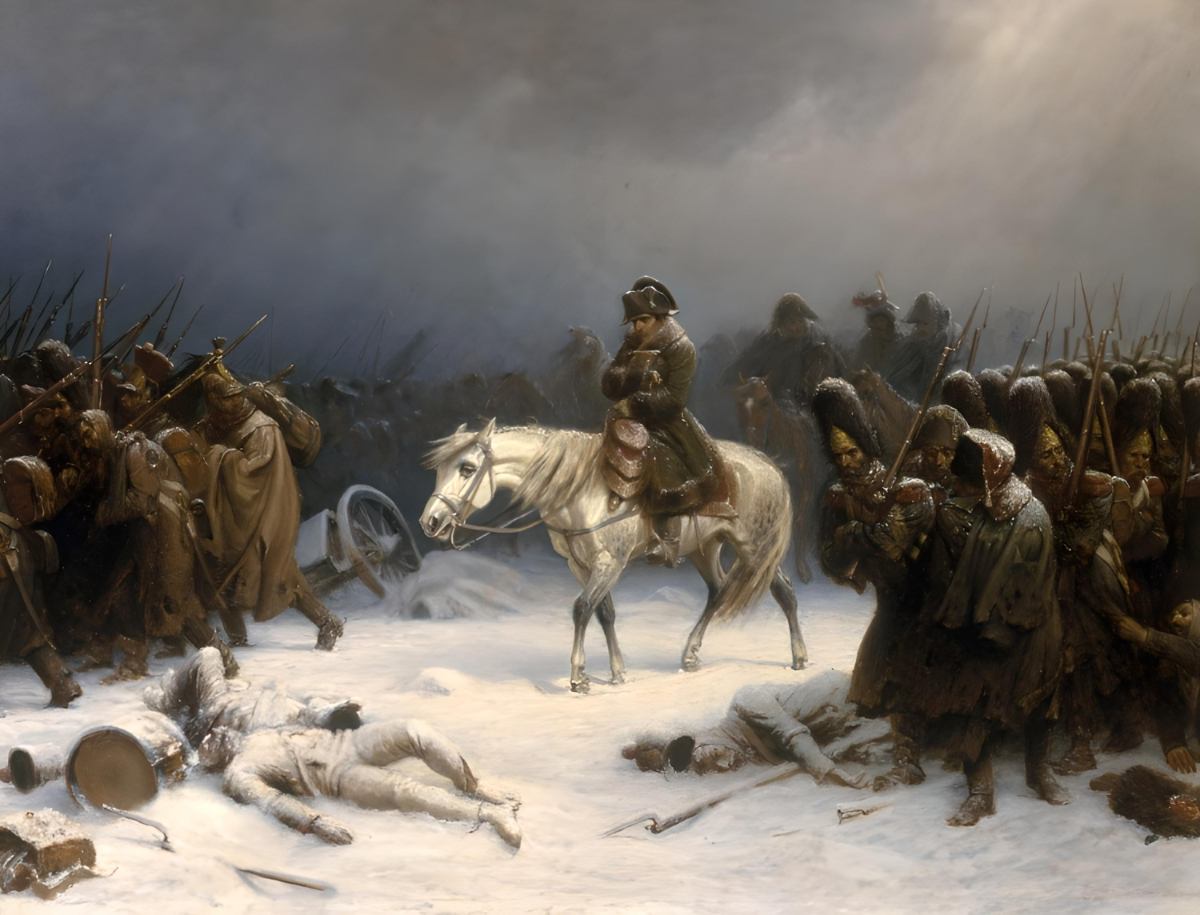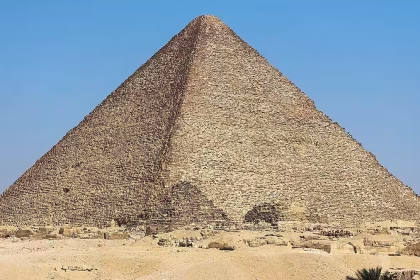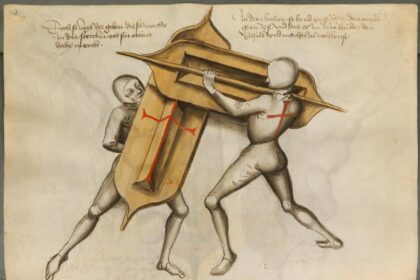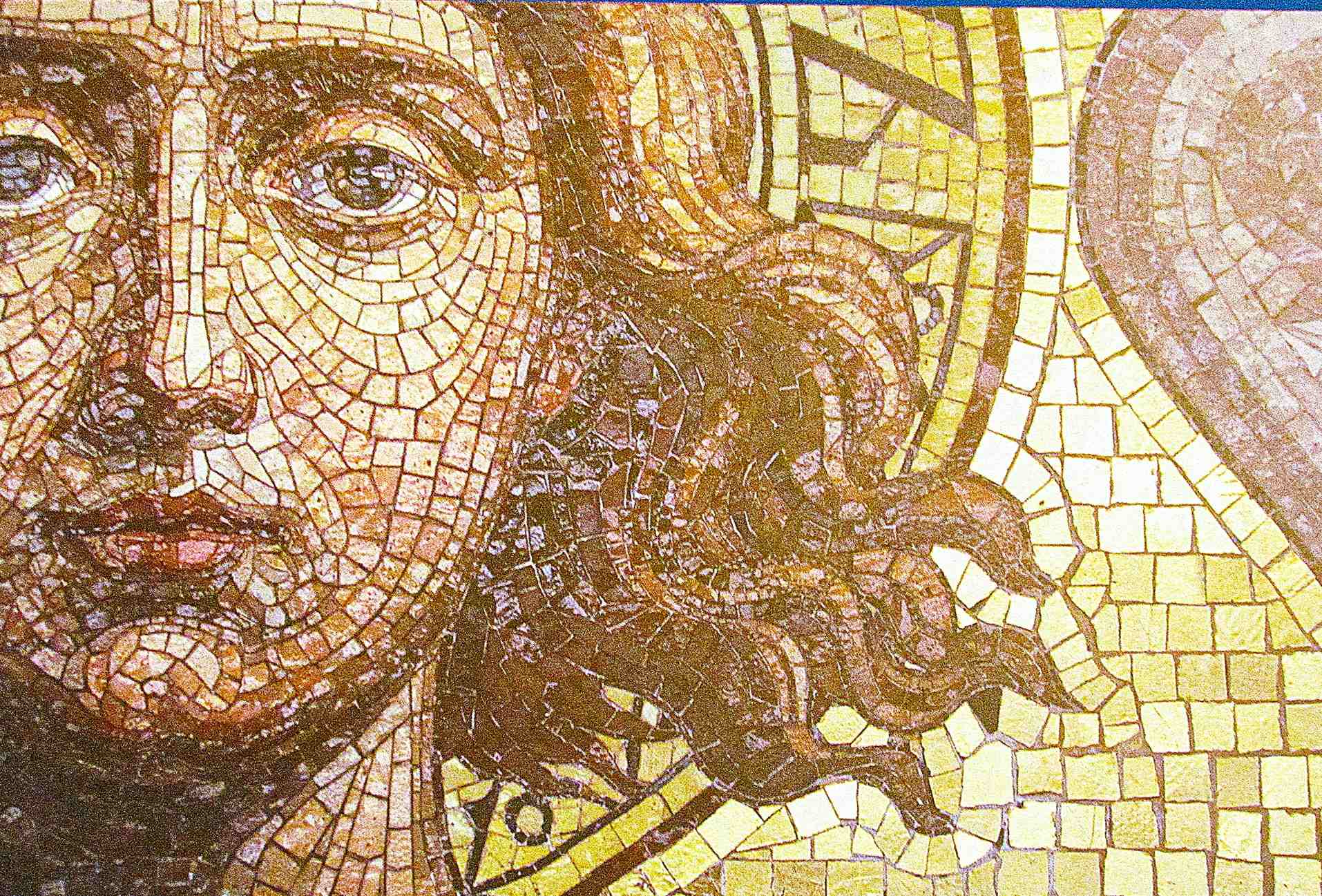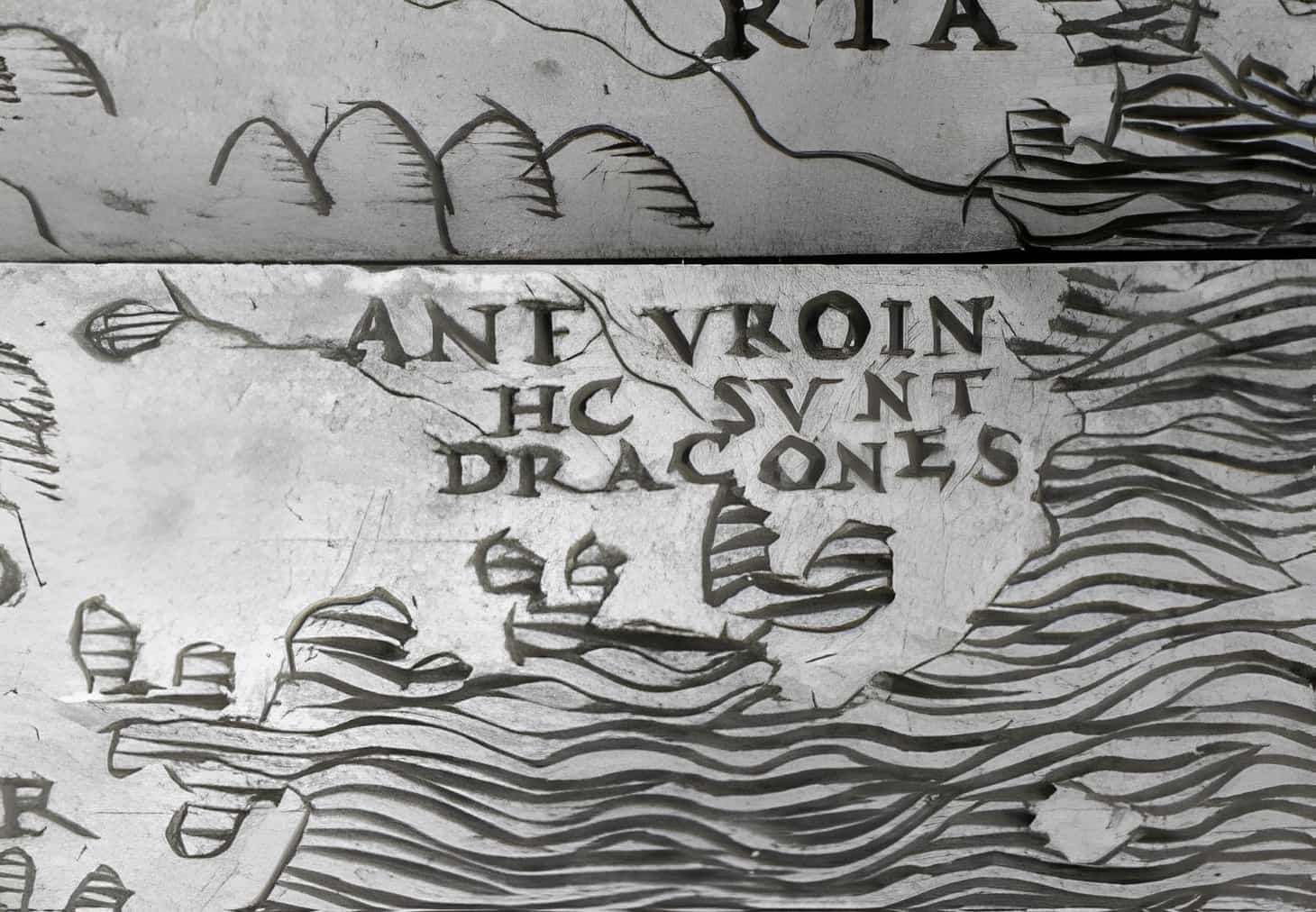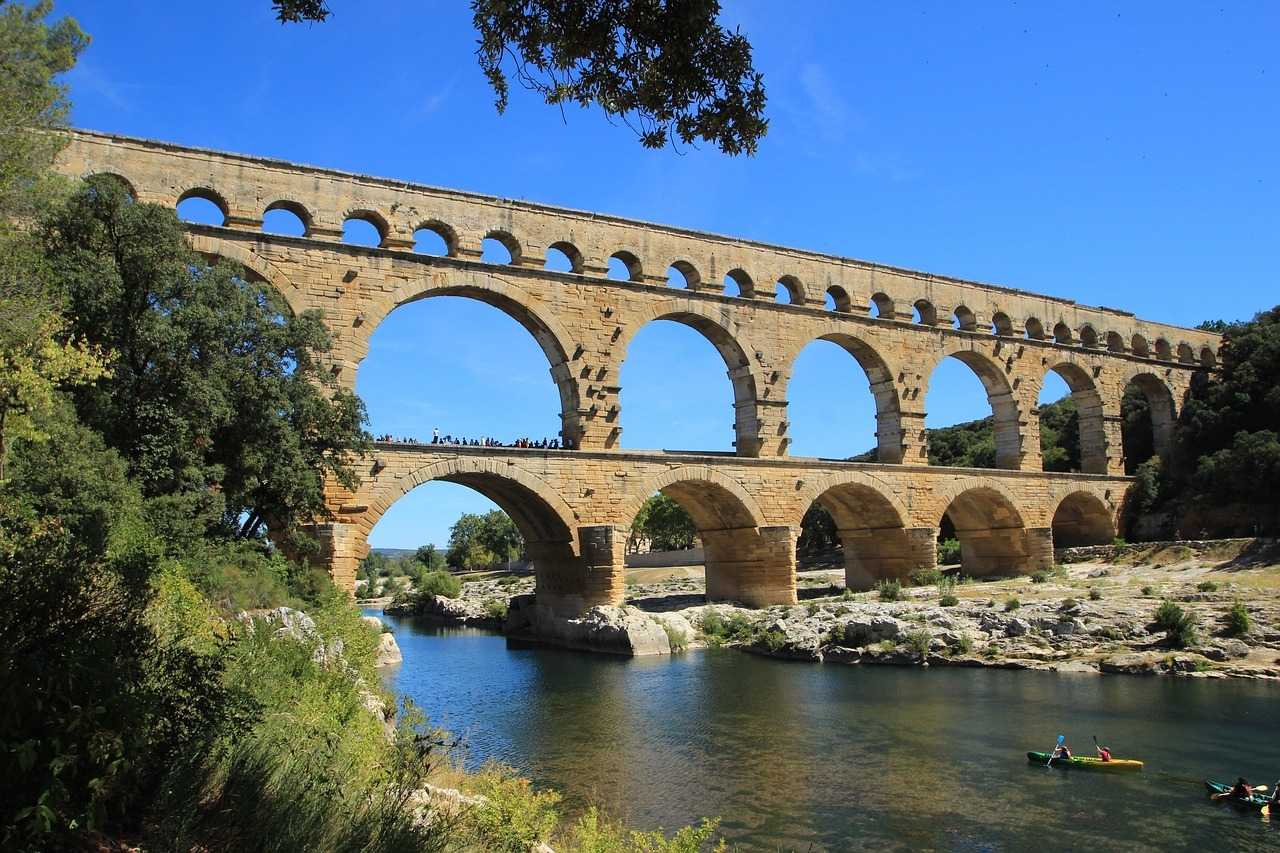The gerousia (from the ancient Greek γερουσία / gerousía, derived from γέρων / gérôn, meaning “elder”) is the Spartan equivalent of the Senate: it is an aristocratic and oligarchic element, as opposed to the assembly of the people. It was the name given by the Spartans to their Council of Elders.
History
Established by Lycurgus, a Spartan lawmaker, the gerousia is exceptional not only in its recruitment but also in its power. Thus, it mainly consists of an assembly of 28 elders who are at least 60 years old. It is from this age limit that one is obliged to cease military service in Sparta. According to Polybius, the gerousia ensures the balance of the regime while protecting the weakest. According to Isocrates, “the gerontes are placed at the head of all affairs.” As a result, they have a power comparable to that of the Athenian Areopagus copied by Lycurgus. The gerontes (γέροντες), after proving their candidacy, are elected forever by acclamation of the assembly of the people called the apella. Once elected to power, they are not accountable and can sometimes engage in favoritism.
They implicitly represent a council of elders that was found during the Homeric period as a council of the king, but also in certain oligarchic states, where the elders of the great families constituted councils that are restricted to Sparta as in several other Dorian cities like Cnidos. Moreover, at the level of democratic states, these councils were widely open to everyone. Furthermore, the gerontes hold the most important function in Sparta, as they judge crimes and important legal matters. They also have a superior power to that of the ephors. As a result, the account of the conspiracy of Cinadon attests that before making major decisions, the ephors first consulted the gerontes to dispel suspicions but also of conspirators.
The function of the gerousia was probably overestimated in antiquity. Already by the mid-4th century BC, Plato recognized this Senate as a power comparable to that of the kings. According to Herodotus, some gerontes have very close family ties with the kings, to the extent that if the kings are absent, they can vote on their behalf. Among these gerontes, one can undoubtedly mention Chilon who appears in the list of the seven pre-Socratic sages. In reality, they have the power to bring the kings to justice, to present motions, and to participate in the affairs of the state.
Method of Election
If a geronte were to die, candidates for his succession would present themselves before the assembled people in a determined order by lot. It is the Apella that elects them based on acclamation. The candidate does not have the right to speak. There was a concern for objective voting, to avoid addressing the crowd as was done in Athens or Rome. Consequently, those who noted the shouts were locked away and did not see the candidate, thus avoiding any favoritism. However, Aristotle described the acclamation process as childish. Indeed, since the procedure was entirely original, it was the subject of much criticism.
Gerontes are appointed for life. It is the only magistracy, along with the royal one, that is exercised without a time limit. This gives them a field of action devoid of all reprisals. Indeed, since gerontes are appointed for life, they are not accountable as death is the end of their magistracy. Therefore, gerontes have the opportunity to engage in clientelism, as they risk no legal prosecution. This is illustrated by the recurrent appointment of new gerontes chosen from among the relatives of active gerontes to ensure political stability. The function of geronte was exercised for life in Sparta but also in the Cretan cities of Marseille, Elis, and Cnidos. Indeed, the particularly honorable election to the gerousia is seen as a great honor bestowed by the Spartans in order to preserve memories.
Privileges
The gerousia constitutes the supreme court. It judges serious crimes, for example, cases of the murder of a citizen or by a citizen. In association with the ephors, it can judge the kings. It also arbitrates rivals during a royal succession, as in the case of Agesilaus II and Leotychidas.
From a political point of view, it is the gerousia that prepares decisions. Bills are submitted to it, and it can block them by exercising its right of veto. Plutarch, to resolve the problem of this redundancy of powers, suggests that the right of veto was actually used to block amendments voted by the Assembly. According to Edmond Lévy (“La grande Rhêtra,” Ktèma 2, 1977), it is rather an evolution of their power. The exercise of the veto is only attested once, regarding the reforms of Agis IV.
In fact, the importance of the gerousia seems quite exaggerated by the Ancients who, from Pindar to Plato (Laws, III), through Demosthenes (Against Leptines) and Aeschines (Against Timarchus), insist on the power and authority of the gerontes. The authors of the 4th century BC, great admirers of Sparta, undoubtedly identify more easily with the gerousia than with the ephorate or the dual kingship. For later authors, such as Polybius or Plutarch, they may have been influenced by the model of the Roman Senate, which Plutarch calls “gerousia” in the Life of Romulus. On the other hand, ancient texts mention the gerousia little.
In the political domain, their power therefore seems quite weak. However, their authority, magnified by their judicial prerogatives, is unquestionable. Both kings and ephors sought to conciliate them to pursue their policies.
References
- Edmond Lévy, (Sparta: Political and Social History to the Roman Conquest), Paris, Seuil, coll. “Points Histoire”, 2003 (ISBN 2-02-032453-9)
- Fabian Schulz, (The Homeric Councils and the Spartan Gerusia), Düsseldorf, Wellem Verlag, 2011 (ISBN 978-3-941820-06-7)
- Guy Rachet, Dictionary of Greek Civilization, Paris: Larousse, 1992 (27-Evreux: Impr. Hérissey))









